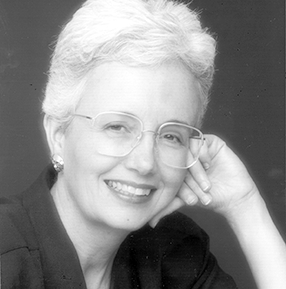Deer, 6:00 AM
The deer—neck not birch trunk, eyes not leaf or shadow, comes clear from nowhere at the eye’s edge. The woman’s legs stop. Her mind lags, then flashes, “Deer at edge of the woods.” The deer’s eyes, black and fragile, stare back and stop her breathing. The breeze drops. Light shines every leaf. She enters that other world, her feet stone still on the path. The deer stands pat and takes her in. Antlered, static as an animal— not a statue, photograph, any substitute—can be because it wants to, it includes her in the world it watches. She notes its coat, thick, stiff like straw, with a straw-like shine. There, where the ribs are, she sees no rise or fall of breathing. She breathes, shyly, attempting the etiquette of quiet. She goes over what she knows of antlers, those little trees of bone, grown for a season and shed like leaves. The deer’s head, she thinks, is hieroglyphic, eyes of wet ink, unblinking. No golden links clasp the neck— no deer of Arthur’s this, sent as a sign. The woman finds and fingers these few deer-thoughts in her mind. But she’s no match for its stasis, she hasn’t the tact. Tableau, entrancement— but what’s the second panel of the tapestry? She moves, not back, discreetly, as one would leave a king, but forward, to have it done. To free (or, less likely, fall on one knee, petitioning). The deer moves, smooth as a fish, is gone. Green edges waver and reknit. The light shifts. The woman, two- legged still, walks on. “I saw a deer,” she will say, pouring coffee. Not “I was.” “I saw.”
Credit
From The Land of Milk and Honey, by Sarah Getty, published by the University of South Carolina Press, 1996. Copyright © 1996 by Sarah Getty. All rights reserved. Used with permission.
Date Published
01/01/1996

